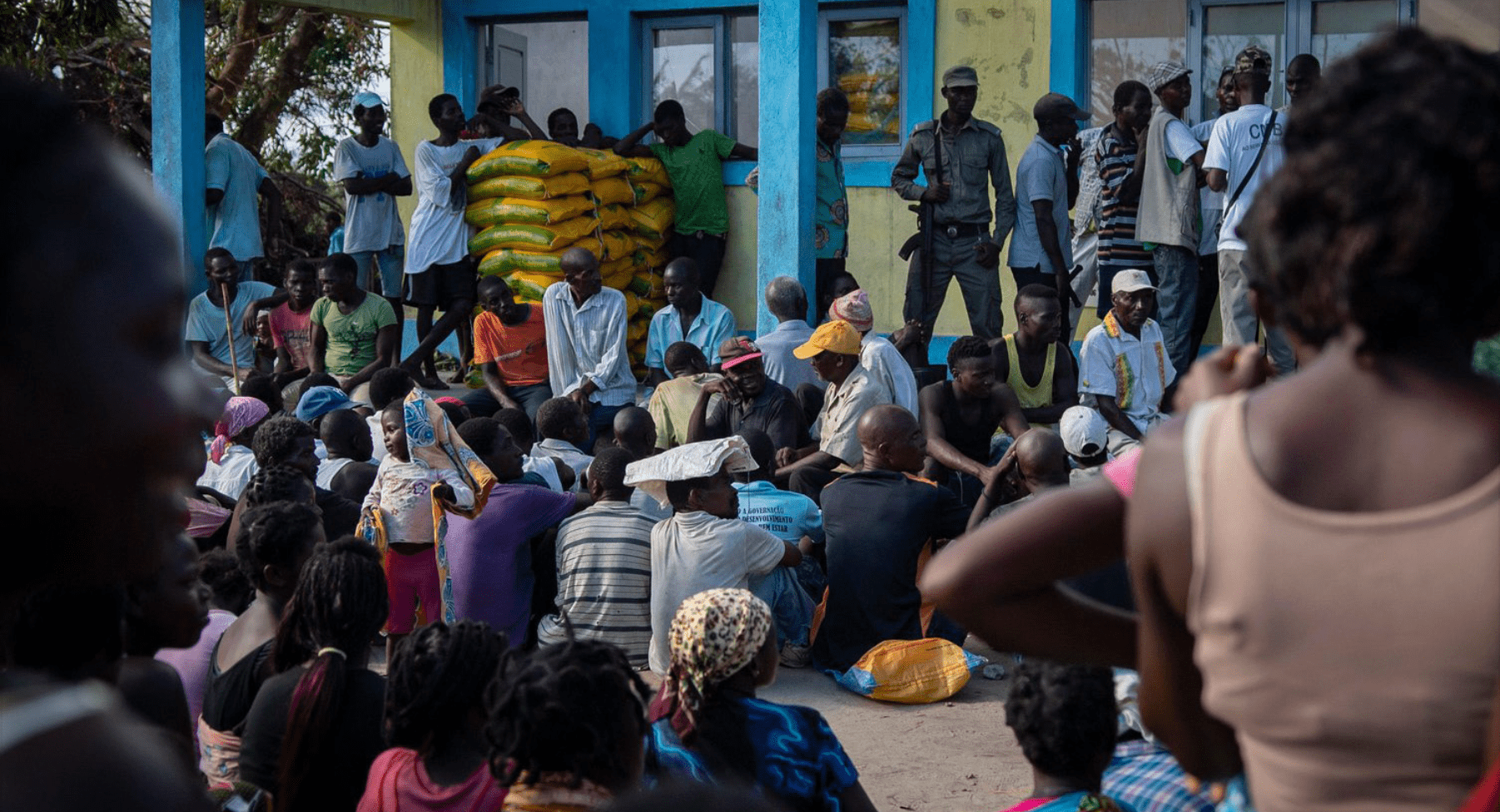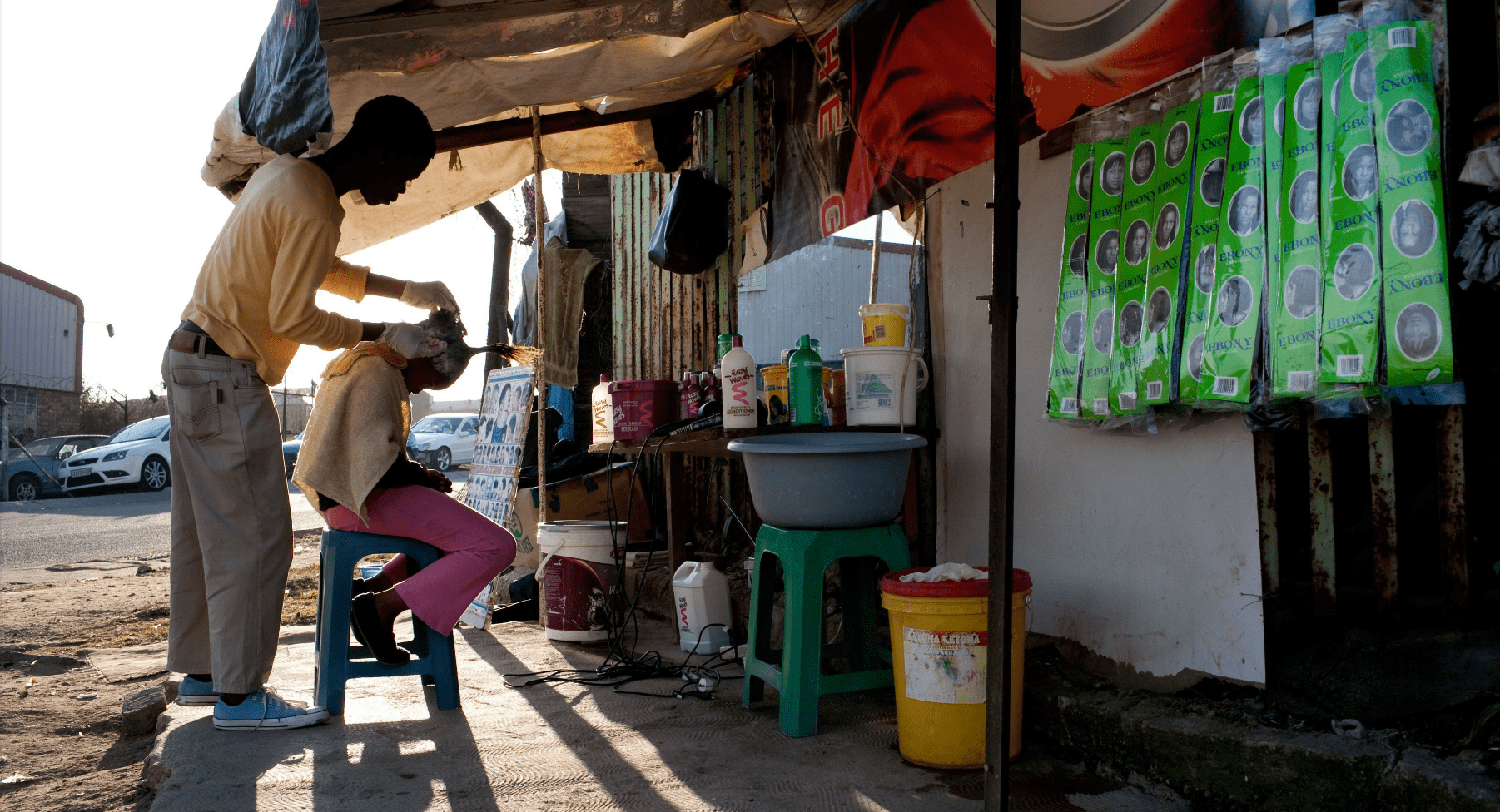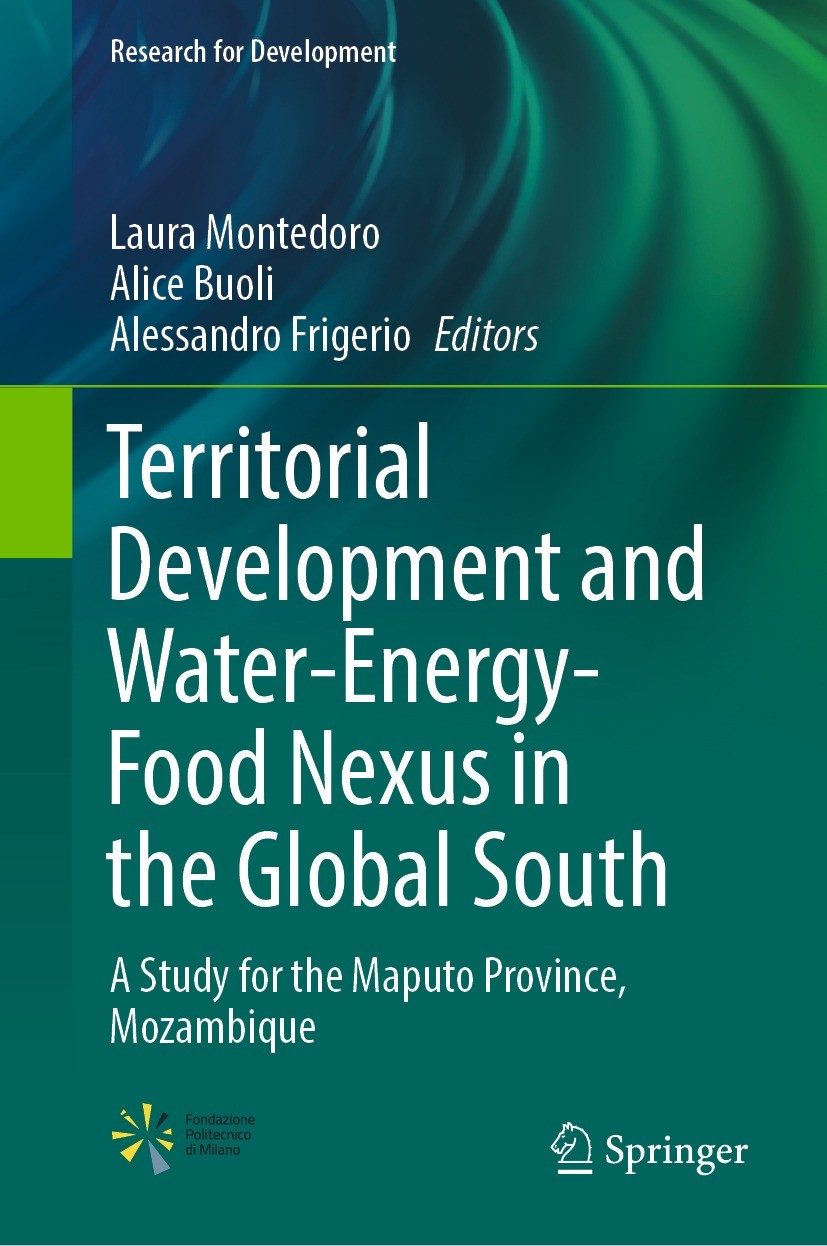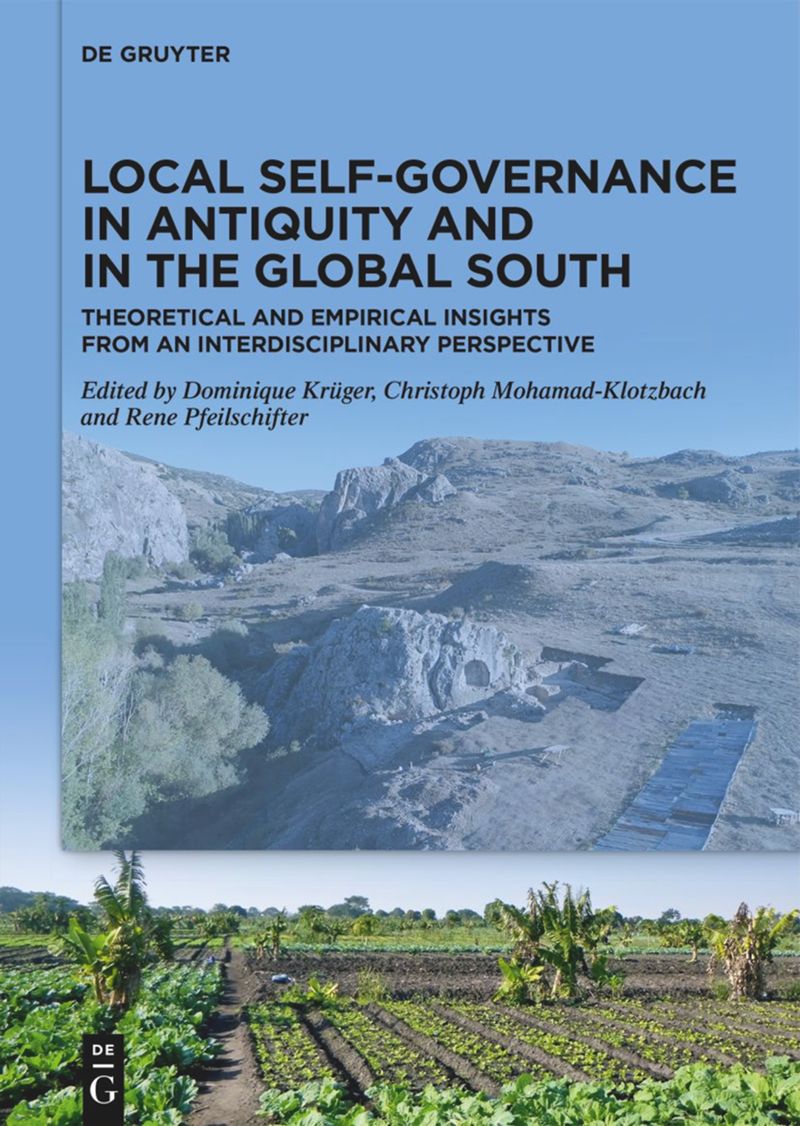MOZAMBIQUE
Mozambique has a long migration history to South Africa, lasting over two centuries. This stems from the agreement between the country’s former colonizer, Portugal, and the then Transvaal government in 1887 to provide workers. The migration to South Africa continued and increased due to multiple factors including the 16 years of war (1976-1992), natural disasters, and continued migrations due to economic challenges that affected the loss of job opportunities. Meanwhile, over the years, another typology of migration has been made of cross-border traders, mainly women. What Mozambicans do in South Africa is widely known as being employed in mines and farms in the Provinces of Gauteng, Mpumalanga, and others in informal businesses. The factors negatively affecting Household Food Security are mainly Epidemics such as COVID-19, increased cost of living, reduced income of household members, crime or theft, xenophobia, reduced remittance, and loss of employment of a household member. To cope with these adverse effects, migrants rely on less preferred food, reduce the number of meals, limit the proportion size at the table, borrow food, and purchase food on credit.






